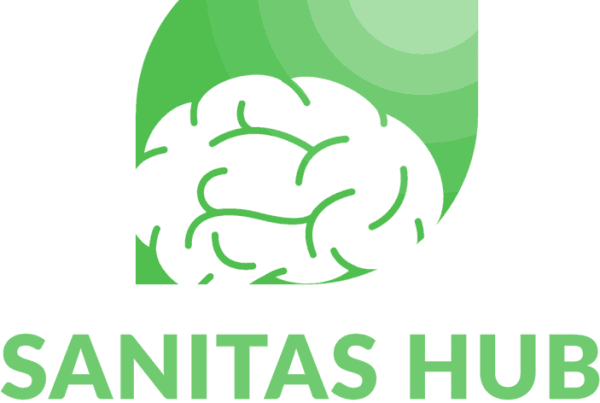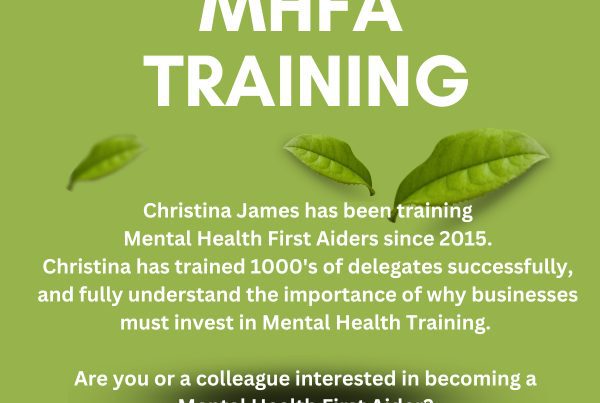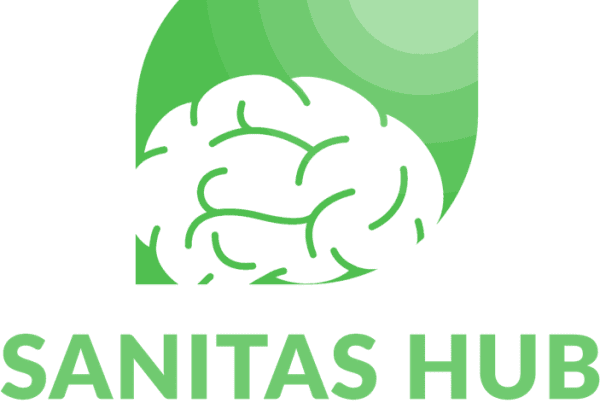We’ve all had moments when our hearts are in the right place, but our words don’t land the way we intend. Good intentions matter, but what truly helps is the way we show up for colleagues who are navigating mental health challenges. This newsletter explores why kind gestures can miss the mark, how to talk to someone who may be hesitant to engage, and the important role of Mental Health First Aiders in the workplace.
Why good intentions can miss the mark
-
We often assume we know what someone needs, but mental health is deeply personal. A well-meaning “Have you tried X?” can feel dismissive or judgmental.
-
Language and framing matter. Phrases like “Just stay positive” or “You should…” can diminish someone’s experience.
-
Timing is everything. Approaching someone in a crisis or in a busy moment without asking consent can feel intrusive.
-
It’s easy to jump to solutions. Sometimes what’s most needed is listening and being present.

Understanding the reluctant listener
-
People may fear judgment, stigma, or feeling weak, which can make them wary of offers to help.
-
Autonomy feels essential. They might worry about losing control over their own story.
-
Past experiences with dismissive advice can color current responses.
-
When someone is overwhelmed, even well-meaning input can feel exhausting.
Tips for talking to a reluctant listener (in and out of the workplace)
-
Ask for consent: “Would you be open to a quick chat about how you’re feeling at work today?” If yes, great—if not, gently offer to revisit later.
-
Listen first, then reflect: Echo back what you hear. “It sounds like you’re dealing with X, and Y might help if Z happened.” Validation comes first.
-
Use kind, non-judgmental language: Focus on feelings and observable outcomes, not labels.
-
Offer choices, not directives: Present options and invite them to choose what feels right.
-
Normalize without minimizing: Acknowledge that mental health challenges are common, and that their experience matters.
-
Share your own story judiciously: If relevant, a brief personal connection can help—but keep the focus on them.
-
Focus on small, doable steps: Propose tiny, actionable moves rather than sweeping changes.
-
Respect boundaries: If they’re not ready, give them space and check in later.
Mental Health First Aiders in the workplace
-
What MHFA do: They provide initial, non-judgmental support, help someone feel heard, and guide them toward professional help if needed.
-
Core skills include: Approaching with care, assessing safety, listening with empathy, encouraging action, and protecting privacy.
-
How to apply at work: Create private spaces for conversations, offer regular wellbeing check-ins, share clear resources (EAPs, counselling, crisis lines), and promote a culture where seeking help is normal and supported.
Practical steps for employers and teams
-
Build a compassionate policy: Create guidelines that support mental health with respectful language and clear boundaries.
-
Offer compassionate training: MHFA or similar programs equip staff to respond calmly and effectively.
-
Normalize wellbeing conversations: Make check-ins a routine, not a rarity.
-
Provide flexibility: Flexible hours, reduced workloads, or quiet spaces can reduce stress.
-
Protect privacy: Keep conversations confidential unless there’s a safety risk.
Empowerment through empathy When good intentions meet true empathy, the impact can be life-changing. Listening, offering choices, and guiding people toward help that respects their pace and autonomy creates a healthier, kinder workplace for everyone.
With warm regards
Christina
Our next refresher course is on the 6th October, to book email info@sanitashub.co.uk
Booking a Mental Health Wellbeing Course with Sanitas Hub
Mental Health Consultancy in the Workplace
For further inquiries, company group training or mental health consultancy please do not hesitate to get in touch at info@sanitashub.co.uk





